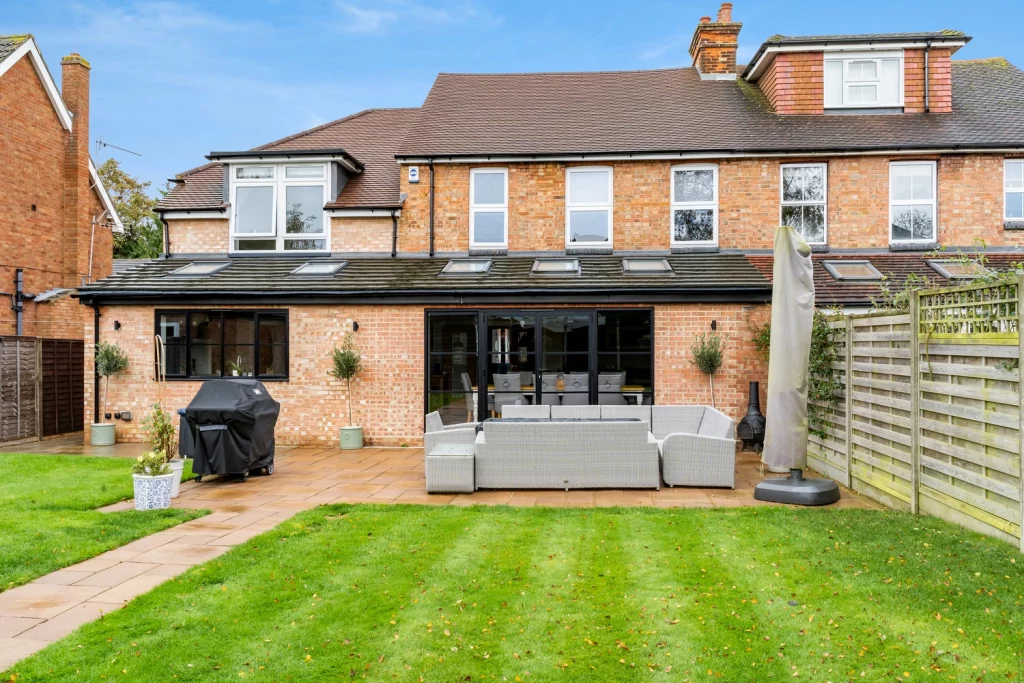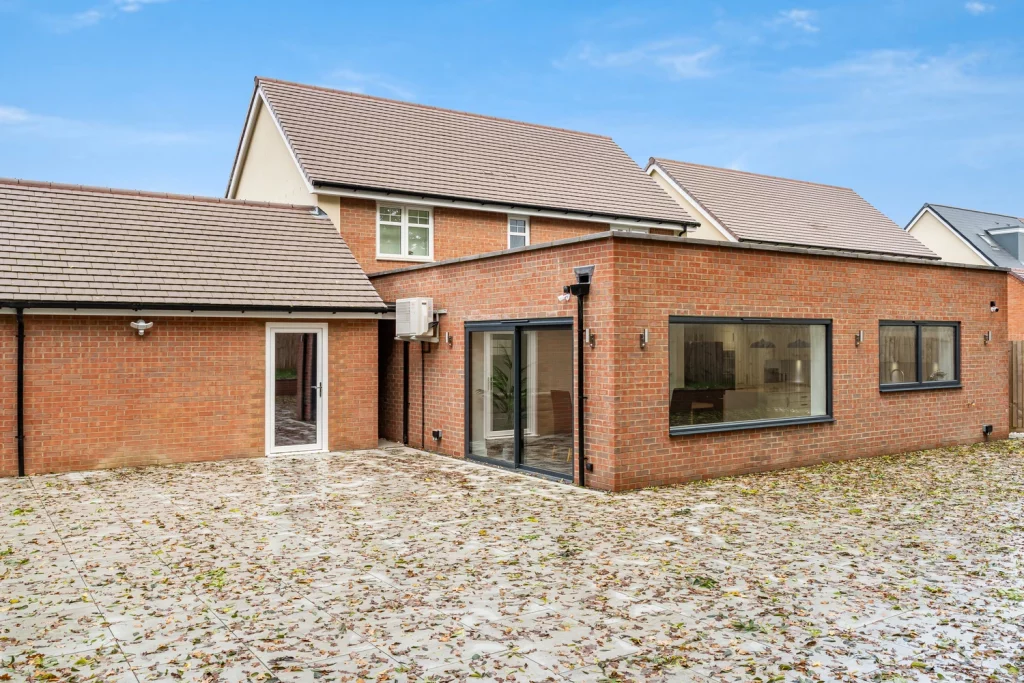Do House Extensions Add Value
How Much Value Exactly Will Your House Extension Add In 2024?
Posted by Craig | Updated [current_date format=’F, Y’] | 10 Min Read Time
At a glance
- A house extension can potentially increase the value of your property by 10 – 15%. Sometimes more if the finish is of a high standard
In this article, you’ll find the following:
- An explanation of the different types of extensions and an estimate value they could add to your home
The British property market is a dynamic and ever-evolving space. As a homeowner, when you decide to invest in a home extension, you’re not just looking for additional space, but also for a significant return on investment.
One pivotal question often arises: “how much value does an extension add?” especially considering the market trends in 2024. But how much value will your extension actually add in 2024? Let’s dive into it.

A House Extension Can Potentially Increase The Value Of Your Property By 10 - 15%.
Sometimes more if the finish is of a high standard
Thought about staying put and increasing the value of your home?
A Snapshot: Why Extensions Are Worth It
First and foremost, let’s underline the overarching reason to consider an extension. Home extensions, when done right, not only provide you with that much-needed extra space but are also a potent way to increase the value of your property. As a general thumb rule:
**Extensions significantly increase property value**: Whether it’s a snug conservatory or a full-fledged two-storey addition, extensions can bolster property value considerably. For instance, an average three-bedroom house in the UK with an extension, which introduces a double bedroom with an en-suite, can boost the property value by an impressive 10-15%. That’s a substantial uptick if you’re eyeing resale in the foreseeable future.
And even if selling isn’t on the cards, knowing you’ve added value to your biggest asset brings a peace of mind.
The Nitty-Gritty: Types of Extensions and Their Value
Now, not all extensions are created equal. Depending on the type, size, and intricacy, the added value can fluctuate:
1. Loft Conversion
A favourite among Brits, the loft conversion is one of the more affordable ways to create additional living space, especially for an extra bedroom with an en-suite. The potential value addition? A handsome up to 20%.
2. Single-storey Extension
Particularly favoured for expanding kitchens or living areas, given the nation’s love for open-plan living, many homeowners ponder, “does a kitchen extension add value?”
The answer is a resounding yes, especially when considering the high demand for spacious, multifunctional areas. On average, a single-storey extension can contribute a 5-8% increase to your home’s value.
3. Double-storey Extension
If you’re aiming big, a double-storey extension can be the answer. They’re ideal for adding both living space downstairs and bedrooms upstairs. On the value front, they can contribute an estimated increase of up to 12%.
4. Conservatory
For those on a tighter budget, conservatories remain a popular choice. Despite being a more cost-effective option, a conservatory can still add between 5-7% to your property’s valuation.
5. Garage Conversion
An intriguing prospect for many homeowners, especially considering many garages aren’t even used to store cars anymore! Converting a garage into a bedroom with an en-suite could escalate your home’s value by a whopping 20%. However, if the garage finds a new life as a study, playroom, or home gym, you’re looking at a value increase of around 10%.

Cost Vs. Value: Making Your Extension Financially Viable
Of course, it’s not just about how much value an extension adds, but also how much it costs. It’s paramount to ensure that the estimated cost of your extension doesn’t eclipse the potential value added.
In the UK, for 2024, here’s a rough estimate to give you a sense of the expenditure:
– Small extension (20m^2): £25,000 – £50,000
– Medium extension (30m^2): £37,500 – £67,500
– Large extension (50m^2): £62,500 – £112,500
– Premium extension (30m^2): £52,500 – £100,000
Remember, while quality might cost a tad more, it’s often worth it. High-quality extensions, built by reputable professionals, tend to add more value and are a lot more appealing to potential buyers.
Considerations for 2024
As you mull over the idea of extending your home this year, keep the following in mind:
– Understand your motivation: Is it purely for added space, or are you also considering the future resale value?
– Research is crucial. Understand the local property market, consult with professionals, and get a few quotations before diving in.
– Quality trumps all. Invest in top-notch craftsmanship and materials, ensuring your extension stands the test of time and enhances your home’s appeal.
A house extension can potentially be one of the most expensive investments we make in our lives, besides the purchase of the property. This is the reason it must be planned and carried out by trusted professionals.
CONCLUSION
In conclusion, 2043 remains a promising year for homeowners looking to add space and value to their homes. Extensions, when thoughtfully planned and executed, can offer a tangible return on investment. As you embark on this home improvement journey, remember to blend functionality with aesthetics and consider the long-term value it brings to your property.
After all, your home is more than just bricks and mortar; it’s where memories are made. If you are still interested in finding out more about house extensions consider reading our blog on >> Are house extensions worth it

Craig Smith
The founder of CJ Smiths Construction Company for over 14+ years and a proud citizen of St Albans City.
